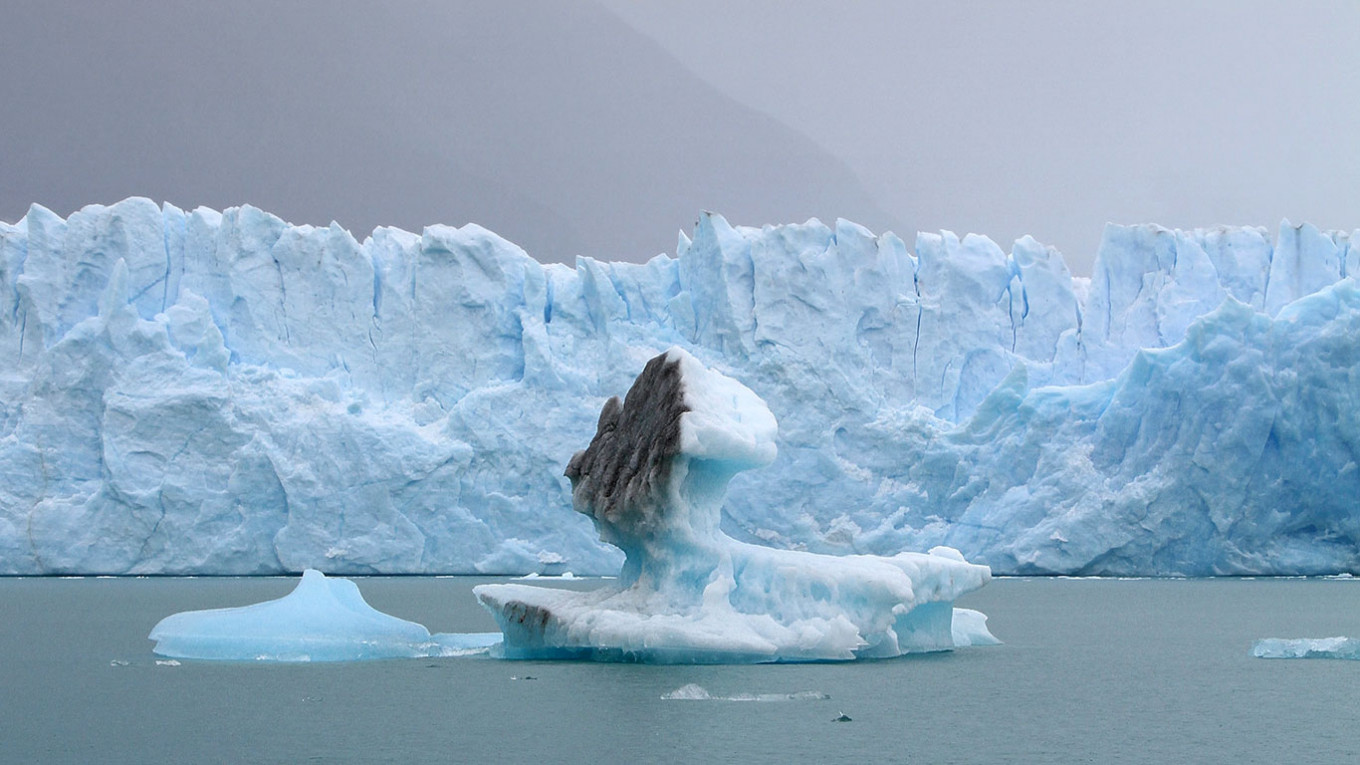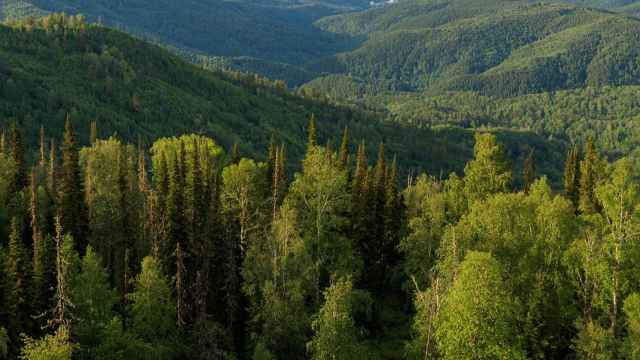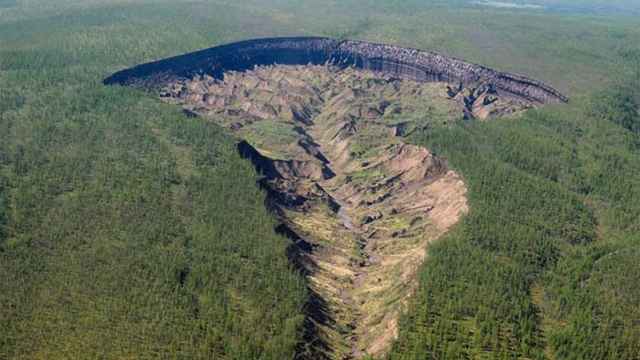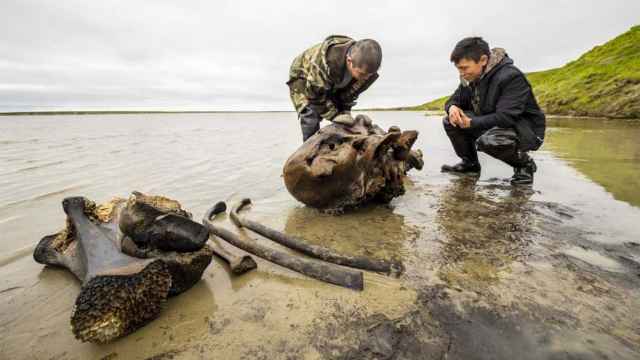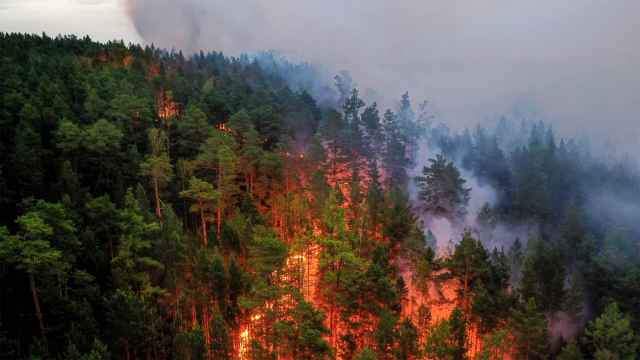Rapid warming in Russia could unleash viruses previously unknown to humanity, a Nobel laureate climatologist has warned at an international climate forum in Siberia.
Russia is warming three times faster than the rest of the world, according to Intergovernmental Panel on Climate Change (IPCC) scientists, with its Arctic and Siberian regions warming four times faster than the global average.
Rae Kwon Chung, a Nobel Peace Prize laureate who also served as leading climate adviser to former UN Secretary-General Ban Ki-Moon, said this warming could release long-dormant viruses which had been stored for millennia in the country’s vast permafrost layer.
“[For example, coronavirus] is just one virus. But we could see new viruses which will appear out of the melting ice in Siberia and Canada’s permafrost zones. We don’t know which viruses this melting ice might awaken,” the state-run TASS news agency quoted Chung as saying at a Siberia-focused climate conference in the city of Tomsk on Saturday.
Scientists have expressed concerns that permafrost, the layer of permanently frozen soil that covers some 65% of Russian territory, could release viruses which modern animal species don’t have immunity against.
Viruses could spread faster between reindeer, seals and other Arctic animal species as climate change increases the number of ice-free days in the Arctic, Chung said.
Chung also called for a global transition to renewable energy to mitigate the climate crisis, saying that Russia — currently the world’s fourth-largest emitter of carbon — could play a key role in that process.
“Russia doesn’t just have oil and gas, it also has an enormous potential for renewable energy and hydrogen export,” he was quoted as saying.
At another climate conference in Tomsk over the weekend, University of Sheffield professor Terry Callaghan warned that melting permafrost could lead to devastating geological consequences.
Gallahan and Chung were part of the IPCC research group that received the Nobel Peace Prize in 2007 for their work on identifying man-made climate change as a critical threat to humanity.
“Erosion is progressing due to the melting of permafrost, leading to more landslides. Both the landscape and vegetation are undergoing a very dynamic change,” Callaghan said.
Indigenous populations in these regions are most acutely affected by these changes, Callaghan said, with communities reliant on reindeer herding or fishing especially vulnerable.
While Russia’s leadership has expressed more concern this year about the climate crisis than in previous years, it still plans to increase investments into fossil fuel production and has yet to present a more ambitious plan to slash carbon emissions enough to avoid catastrophic warming.
A Message from The Moscow Times:
Dear readers,
We are facing unprecedented challenges. Russia's Prosecutor General's Office has designated The Moscow Times as an "undesirable" organization, criminalizing our work and putting our staff at risk of prosecution. This follows our earlier unjust labeling as a "foreign agent."
These actions are direct attempts to silence independent journalism in Russia. The authorities claim our work "discredits the decisions of the Russian leadership." We see things differently: we strive to provide accurate, unbiased reporting on Russia.
We, the journalists of The Moscow Times, refuse to be silenced. But to continue our work, we need your help.
Your support, no matter how small, makes a world of difference. If you can, please support us monthly starting from just $2. It's quick to set up, and every contribution makes a significant impact.
By supporting The Moscow Times, you're defending open, independent journalism in the face of repression. Thank you for standing with us.
Remind me later.


